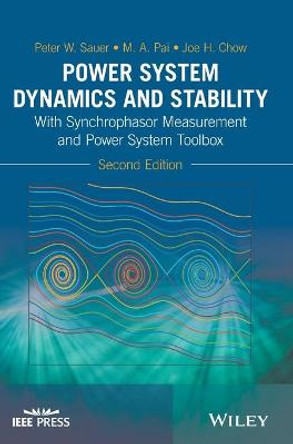One of the fundamental issues of international relations concerns whether, and under what conditions, stability prevails in anarchic systems, these being systems in which all authority and institutional restraints to action are wholly endogenous. This book uses the tools of game theory to develop a comprehensive theory of such systems and details both necessary and sufficient conditions for stability. The authors first define two forms of stability: system and resource stability. International political systems are said to be stable when no state confronts the possibility of a loss of sovereignty. Resource stability, in contrast, requires that the current distribution of wealth and power among states can change only due to differences in the vitality of economies. The theory developed in this book refines the classic balance-of-power theory and formally incorporates into that theory the consideration of endogenous resource growth, preventive war, war costs and the imperatives of geography, revealing a fundamental conflict between the concepts of 'balancers' and 'central powers'.
This book uses the tools of game theory to develop a comprehensive theory of anarchic systems.Reviews"The book's contributions to our understanding of international relations are broad and significant...Ordeshook, Niou, and Rose have done a superb job of making the technical aspects of their book easily accessible." Bruce Bueno De Mesquita
"This is a volume that no scholar of international relations can safely ignore." Journal of Politics
Book InformationISBN 9780521374712
Author Emerson M. S. NiouFormat Hardback
Page Count 368
Imprint Cambridge University PressPublisher Cambridge University Press
Weight(grams) 638g
Dimensions(mm) 228mm * 152mm * 28mm










